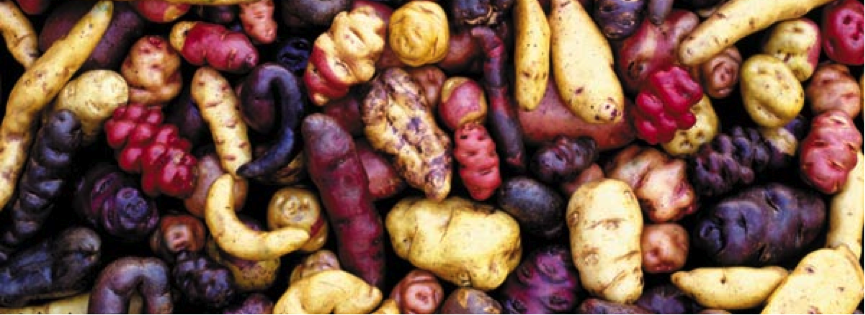In the readings I have sifted through and in the conversations I have had, corruption is nearly always mentioned as a key problem in Peruvian government. I'm told it's hard to get things done because the money that is allotted for various uses gets siphoned, sometimes every time it changes hands. (I have no hard proof for this, but it shows at the very least how little faith there is in the government.)
Changing Qali Warma would necessitate changing who has responsibility for the program's money, which poses problems. How do you vet people at different levels of government or in the public? Having a strong accounting system with a high level of transparency is both difficult to achieve and highly necessary.
Corruption also damages confianza (trust, fraternity); in an environment where corruption is always expected, people who show passion for a particular project are looked at askance. What is their interest in the project? Do they have the power to mishandle or appropriate money? People with genuine intentions have been minimized in their places of work because of this fear.
Confianza is a very important word in Peru: if there is no confianza, there will be few advances, as each player will constantly be looking over his/her shoulder. Communities receiving the benefits of new or changed programs need confianza in the government or organization affecting the changes, need to know that intentions are pure.
Qali Warma is in a unique position to change how people feel about the government as a whole: if Qali Warma can provide a stellar, safe service, it would be a potent message to the public: there are good people in government who care about you and your children.
For information about solutions to corruption in public procurement, read Transparency International's Manual:
https://www.transparency.org/whatwedo/publication/curbing_corruption_in_public_procurement_a_practical_guide
